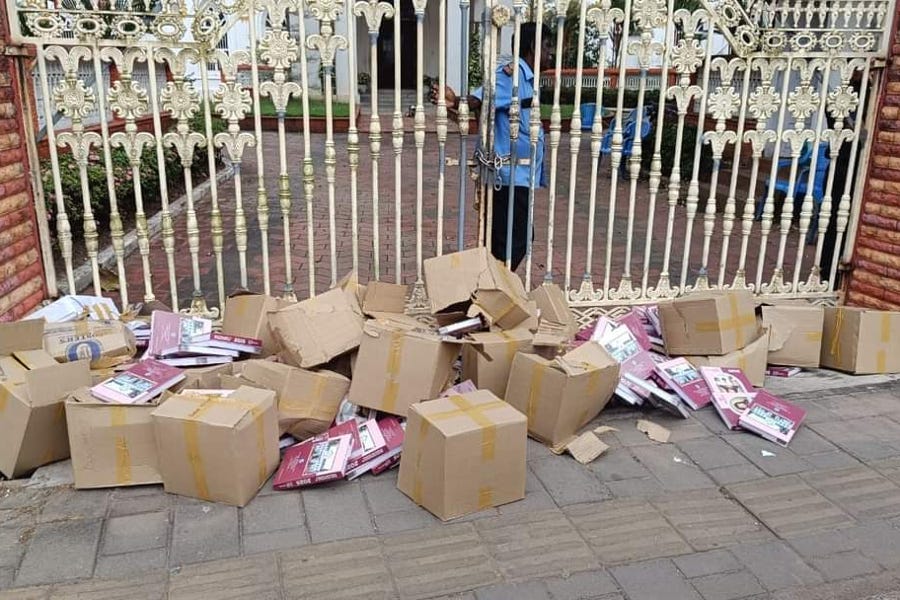Priest’s suspension raises tensions in Indian archdiocese
The Ernakulam-Angamaly archeparchy has been in turmoil since 2017.
A priest’s suspension has raised tensions between clergy and church officials in an Indian archdiocese at the heart of the Syro-Malabar Church’s liturgy dispute.

In a Dec. 1 statement, the Syro-Malabar Media Commission cond…
